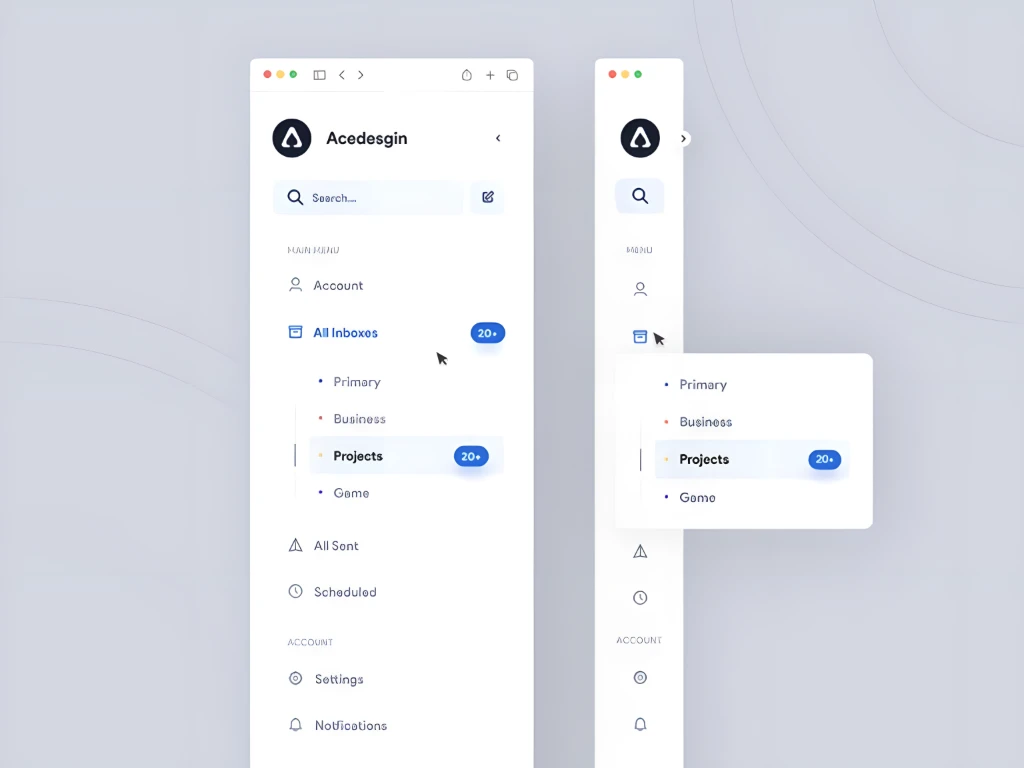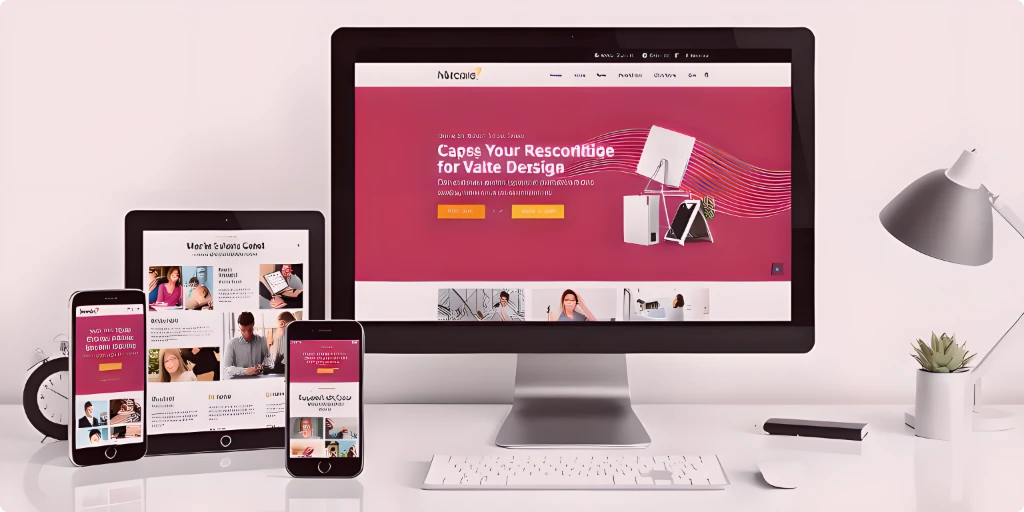

In today’s digital world, a well-designed website can be your business’s most powerful tool. However, a great website isn’t just about aesthetics; it’s about putting the user first. A user-centric website focuses on delivering value, solving problems, and creating an experience that leads to conversions. Here’s how to achieve this.
Before designing a website, get to know your target audience. What are their needs, preferences, and pain points? Conduct surveys, create user personas, and analyze user behavior to ensure your website aligns with their expectations.

Why It Matters: When users feel understood, they’re more likely to engage with your content and trust your brand.
A user-centric website offers intuitive navigation. Visitors should find what they need in a few clicks. Use clear menu labels, breadcrumb trails, and a logical site hierarchy to guide users effortlessly.

Pro Tip: Add a search bar to make finding specific information even easier.
With more people browsing on mobile devices, ensuring your site looks and functions flawlessly on smaller screens is essential. A responsive design adapts seamlessly to different devices, enhancing user satisfaction.

Did You Know? Google prioritizes mobile-friendly sites in search rankings, boosting your visibility.
Content is the heart of your website. Use concise, action-oriented copy that speaks directly to your audience. Break text into digestible chunks with headings, bullet points, and visuals.

Quick Tip: Include compelling calls to action (CTAs) like “Sign Up Now” or “Learn More” to drive engagement.
Website speed is critical. Slow-loading sites frustrate users and lead to higher bounce rates. Use optimized images, reduce unnecessary code, and leverage caching tools to improve performance.

Why It Matters: When users feel understood, they’re more likely to engage with your content and trust your brand.
A user-centric website is never “finished.” Regularly test your site’s usability through A/B testing, heatmaps, and feedback forms. Use insights to refine and enhance the user experience.

Remember: Continuous improvement keeps your site aligned with evolving user needs.

I'm Josmob. We use web development and design to grow your business and create memorable brands.